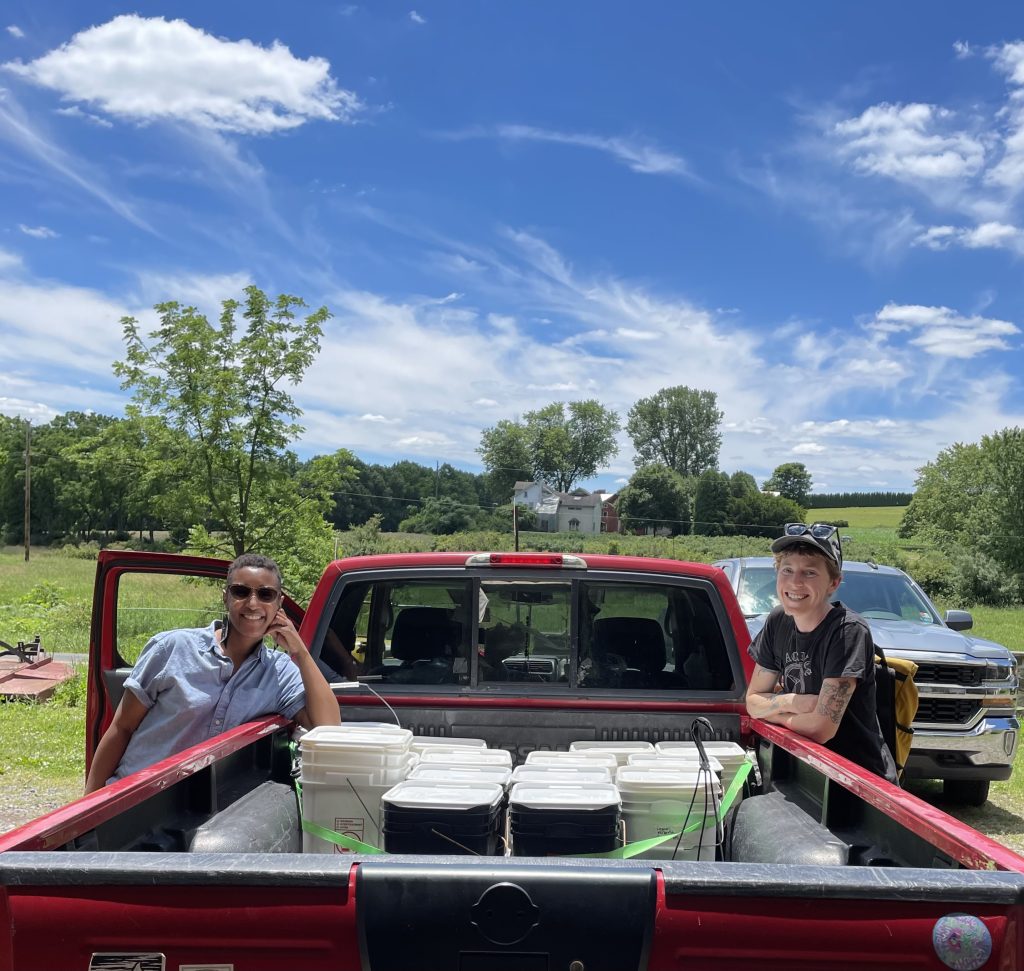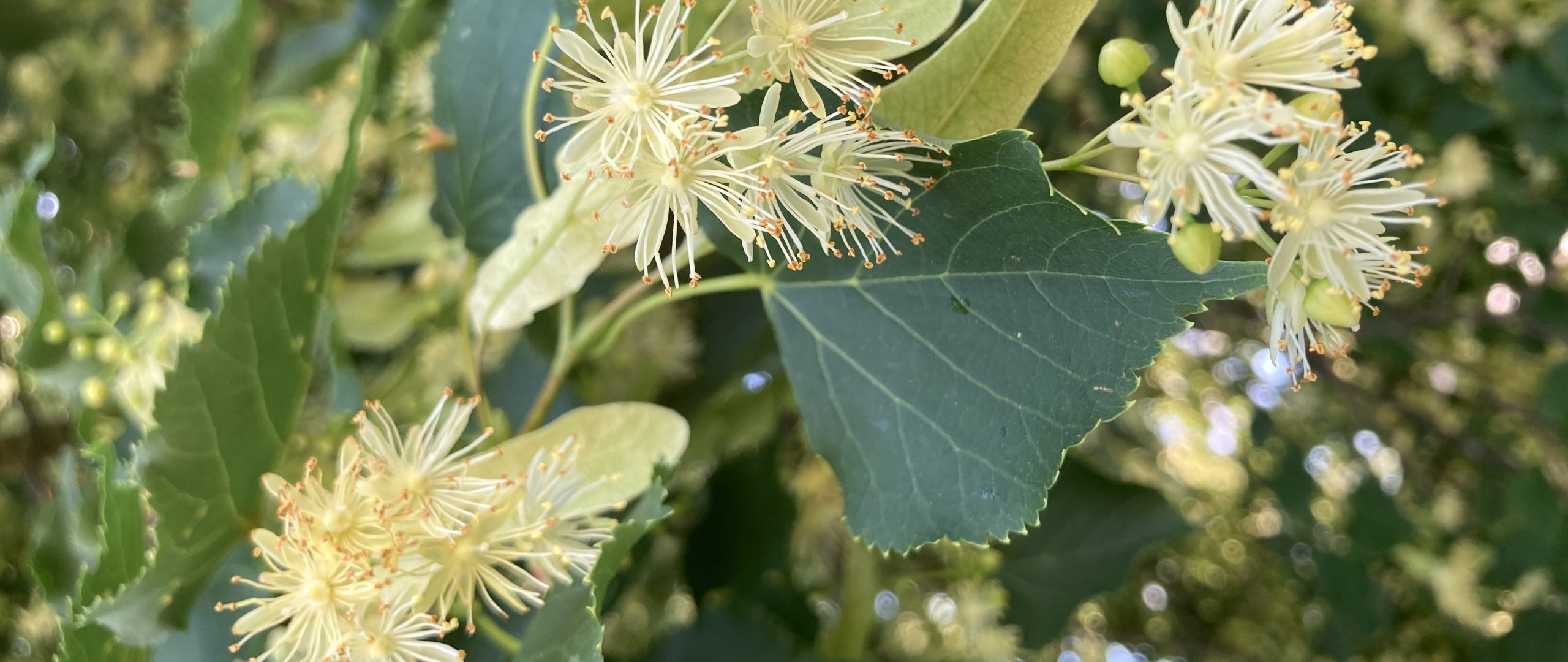Our vision, framework, logistics
The Philly Herb Hub was a mutual aid project that existed November 2020 – April 2025. We want to share what worked / lessons learned.
Vision / Framework
This project was, at its core, anti-capitalist. Capitalism’s urgency, insistence on continual growth, and emphasis on productivity over relationships were all things we wanted to work against. We’ll expand on how we tried below. We were also leaning on a long line of inspiring and successful Black led mutual aid projects.
A little more background / some logistics:
The Hub was primarily organized by two people with a shared vision. We, Kelly and Des, shared a studio for our healing work (herbalism and energy work), and through that space got to know each other and had many conversations about anticapitalism and mutual aid.
In November 2020 we had a more formal conversation about what an herbal mutual aid distribution thing could look like. We knew there was an excess of herbs being grown and we knew there were people who would love to use those herbs but had some barriers to accessing them. Could we be that link? We reached out to local herb farmers and growers to see if they had any excess herbs we could redistribute. We got an enthusiastic response. In the anticapitalist spirit of trying to make an impact without trying to bite off more than we could chew, we decided to start with just offering free herbs to Black folks living in Philadelphia.
Des had an online web shop already set up from an existing business, so we added excess herbs to the website in small quantities (1-2oz). Folks could order off the website and either pick up from a few locations in the city, or if transportation was an issue, we offered delivery.
Then, we just had to tell people it was there, and we had a steady stream of orders.
Anti-capitalism In Practice
Capitalism is the air we breathe, a system deeply ingrained in us, so we’re not pretending we know how to do this. We approached the Herb Hub as a space to practice, in real time, how we might choose another way.
- We moved at a slow pace, took breaks, and were honest about our capacity
- We did not urgently reply to email. We had an automated away message saying we’d try to get back to you within a week.
- We planned changes and events over several weeks or months
- While we had a weekly meeting time set aside, about every 5th or 6th meeting we would skip because one of us did not feel well physically or mentally, or we had to prioritize other things that week. Which is to say, the project made space for us to have lives outside of this.
- We shut the online ordering down for a few weeks twice a year so we could have a full break.
- At times when our personal lives were demanding more attention, we would slow or pause the Hub work for a few weeks (ex: moving, kid going back to school, holiday time…)
- We prioritized deepening existing relationships over creating new ones
- A good chunk of our weekly meeting was checking in with each other – how were we doing emotionally, physically, spiritually? What was happening in our personal lives?
- We mostly worked with the same small group of volunteers to help fill orders, bag and bottle herbs, and do delivery. (As opposed to putting out a call everytime we needed volunteers and getting new people)
- We worked with many of the same farmers and growers year after year
- We worked through feelings of urgency and scarcity by setting aside time during our meeting to reflect on how this was getting expressed and seeing if there were any changes we could make to mitigate those feelings.

